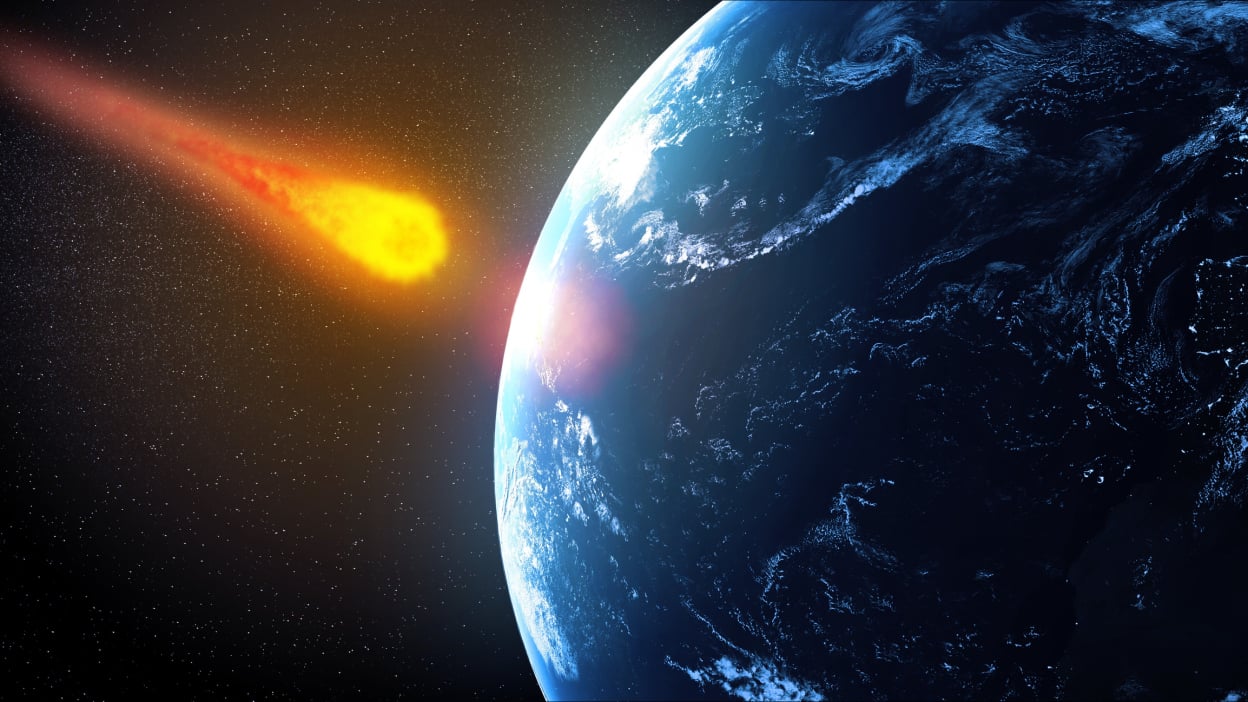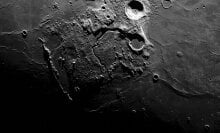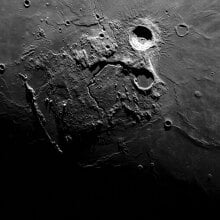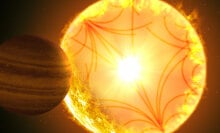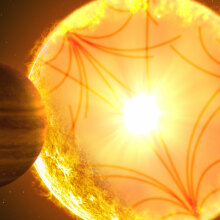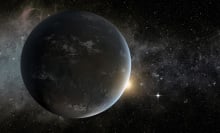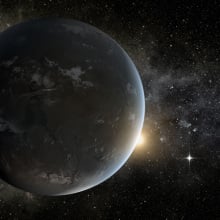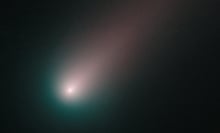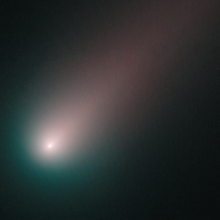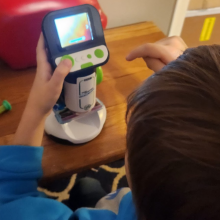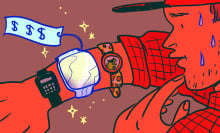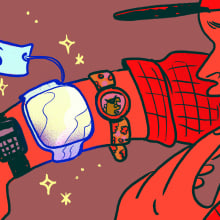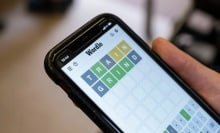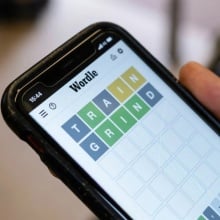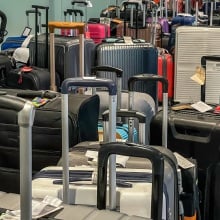Ever wondered what it would be like if the asteroid that killed the dinosaurs struck your neighborhood?
Unfortunately, the recently released Asteroid Launcher web app can't answer that question (since it doesn't let you choose an asteroid big enough), but you can still get an idea of how nasty these space rocks are. Created by programmer Neal Agarwal, Asteroid Launcher is simple to use. Just click on a point of impact, then choose the type of asteroid, its size, its impact speed, and its impact angle.
Once it's launched, you'll get a visual readout of just how badly you've messed up your city. For example, an asteroid that's only 100 feet in diameter, traveling just 1,000 miles per hour with an impact angle of five degrees would level several city blocks in Brooklyn. The crater would be 261 feet wide, while hundreds of people would die from the combination of the impact, the shock wave it would create, and the subsequent hurricane-force blast of wind.
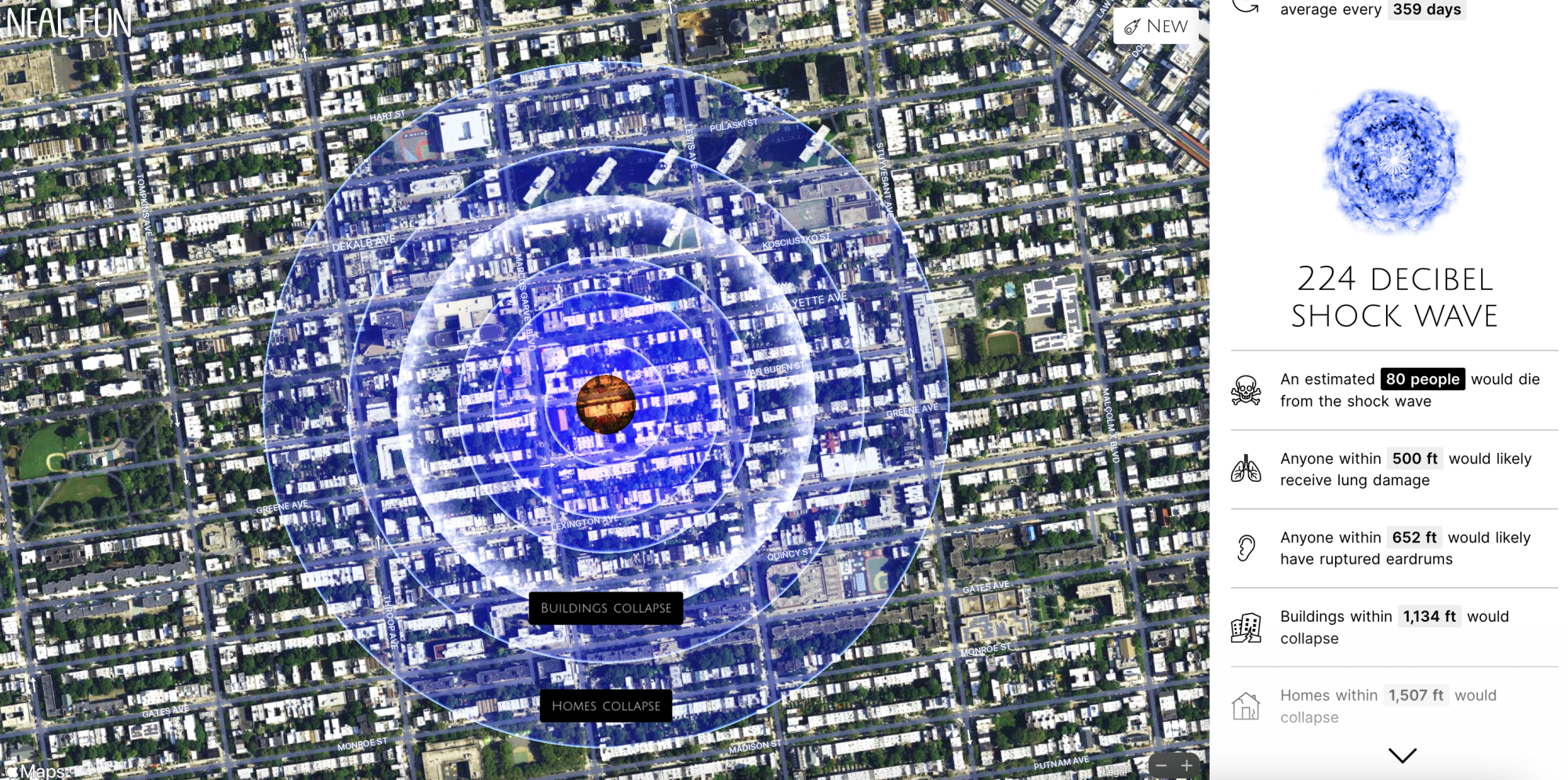
The obvious lesson here is that you don't want to be anywhere near even a small asteroid impact. But what about a large one? I jacked the asteroid stats all the way up (one mile in diameter, impact speed of 250,000mph, and a 90 degree impact angle), dropped it in the center of the U.S., and found that basically the entire country would be screwed if that happened.
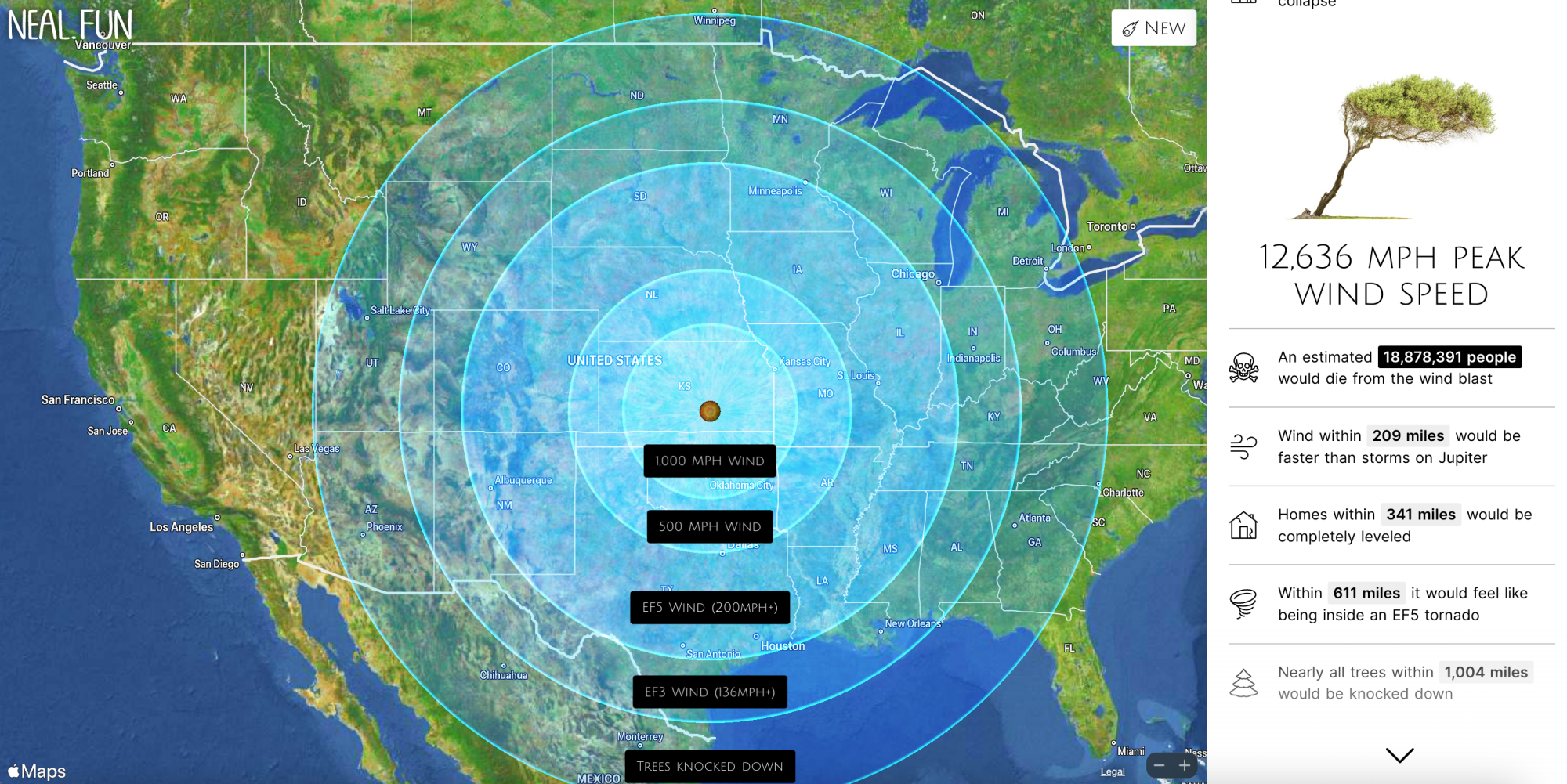
An impact of that magnitude on Wichita, Kansas would kill tens of millions, knock down trees as far south as Mexico, and generally be a terrible time for all involved. That doesn't even account for all the possible ecological effects of such an impact; the six-mile asteroid that killed the dinosaurs also launched so much dust into the atmosphere that it blocked sunlight from reaching the ground.
The lesson here today is that asteroids really, really suck.
